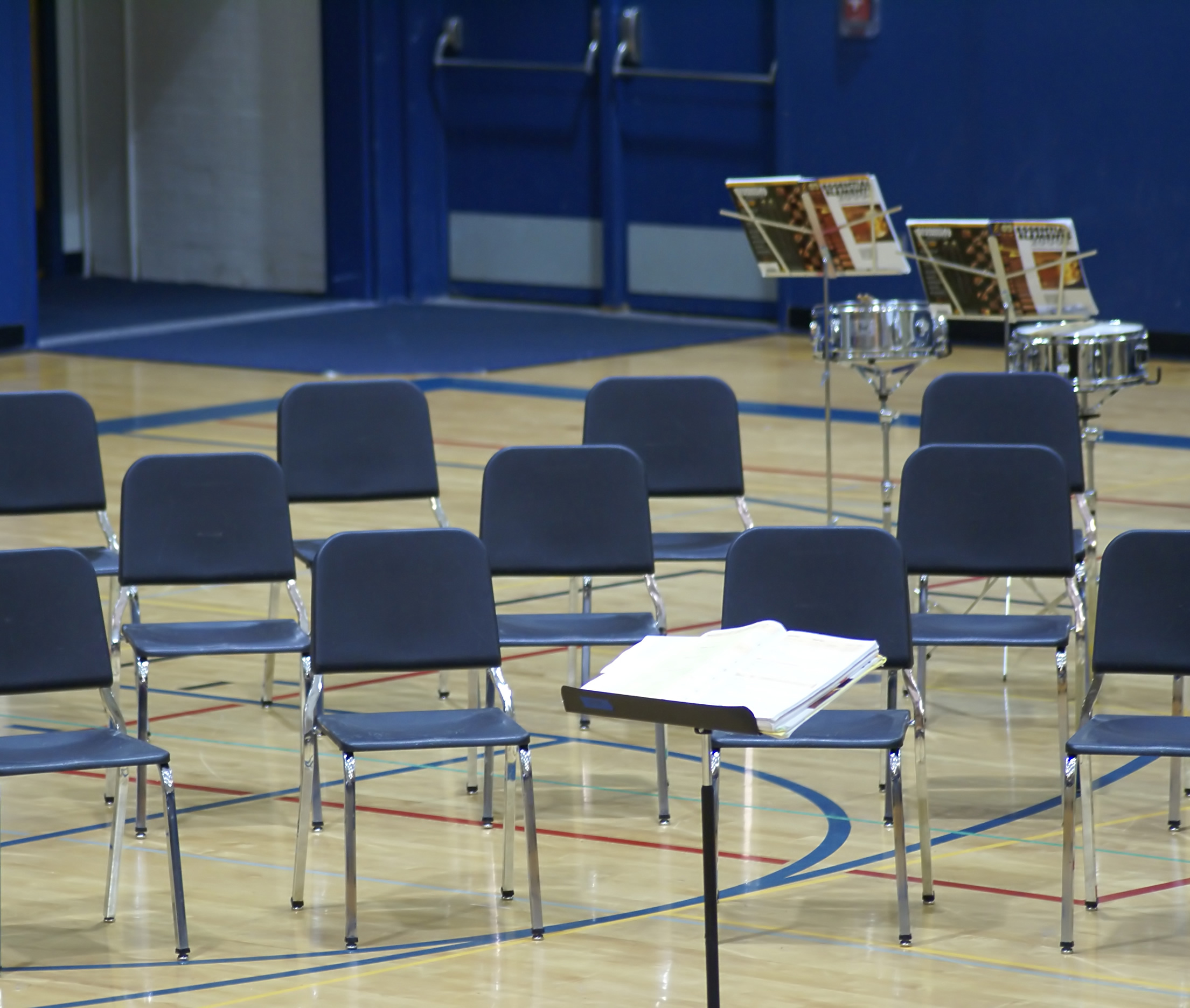Today, it’s personal. I’m sharing my biggest passion with you, and I’ve got reasons.
For some time now, the idea of writing a blog entry about poetry and learning other languages has been on my mind. There have been attempts (I managed to smuggle some Taylor Mali in), but never anything as direct as this. Today, I come prepared: I’ve got helpers, evidence and a challenge. Take it up, if you will, and reap the benefits. Here goes.
“Heard Out Loud” – why spoken word poetry is different
Usually, the word “poem” is not too far removed from the verb “yawn.” These are the boring, incomprehensible classes in your literature course. These are the dry, abstract or trite stanzas on sterile sheets of paper. If this is your idea of poems, then you need spoken word poetry – you need it badly.
Sarah Kay (my source of inspiration for this post) calls it “poetry that doesn’t just want to sit on paper” – and that’s the best thing about it. The first four minutes of the performance below should be enough to convince you of its power:
[youtube id=”0snNB1yS3IE” width=”600″ height=”350″]
Spoken poetry and language learning
If you’ve listened carefully, you will have picked several good reasons to reconsider poems from Sarah Kay’s video. In case you missed them, here’s the top three:
Spoken word poetry is accessible: expressing yourself through music, videos or photography may require some extra knowledge, materials or resources. Writing and delivering a poem requires a pen, some paper, your voice and a truckload of courage! Of course it’s hard and potentially painful – but that’s where the learning is, remember?
Spoken word allows for immediate connections – the feeling that you’re misunderstood is frequent enough in your own mother tongue. It gets worse when you’re learning a foreign language. Poetry could be the force that deepens the misunderstanding – but paradoxically, spoken word poetry is more likely to make you feel welcome, connected and at home. Delivering your poem to a group of people who are there to listen – this could be the biggest confidence boost you’ll experience in your life!
Unlimited connections: you live in a connected world. You work, learn and meet people online. More and more often, your stories – poems as well – will happen to you online as well. And when that becomes a regular thing – in whichever language – the otaku factor will keep the exchange interesting, relevant and useful.
Where to start? 5 easy tricks to get into spoken poetry
1. Listen, read, watch: Do your research on the spoken word poets of the language you’re learning. Try to find their performances online. The more you take in, the better your receptive skills – and your chance to get really hooked on this form of communication.
2. Start easy, but be brave: Your first poem need not be long or ambitious. It’s hard to think of yourself as a poet in your first language – and to write or read poetry in foreign languages is even more daunting. Start small – five, maybe six lines – but with the intention to finish and to deliver.
3. Find your audience and speak out. This is key. This is also the hardest part. Again, starting small may just do it for you: suggest a poetry reading day to your language teacher, or simply read it out to your tutor and ask for feedback. Record it and email it to your buddies. Upload it on YouTube or Yodio. Whatever you do, speak out: this is what makes the poetry come alive.
4. Give and get feedback. You don’t need to be a professor of literature to enjoy a well-delivered poem, and you don’t need fancy words to tell other people that you like what they do. Responding to the work of others, and listening to how they comment on yours – means more chance to practice that language to talk about the things that excite you.
5. Write what you know. It will feel strange. And different. And, with the foreign language added into the mix, possibly a bit awkward. But this, actually, is the essence of what it feels to communicate in other languages. The tone changes, the point of view mutates, new styles are born. But it’s still you. Acknowledge the weirdness and get used to it: it will make things easier down the line!
The big question, then, is: would you try something like this? In your mother tongue, or in a foreign language? Let me know if you already have – this may not be the last post on this topic…
Wiktor (Vic) Kostrzewski (MA, DELTA) is an author, translator, editor and project manage based in London. When he works, he thinks about languages, education, books, EdTech and teachers. When he doesn’t work, he probably trains for his next triathlon or drinks his next coffee.
BRAVE Learning (formerly known as 16 Kinds) is a lifelong learning and productivity blog. If you enjoy these posts, please check out one of my books and courses.
My recent publications, and my archive, is now all available on my new project: PUNK LEARNING. Hope to see you there!

